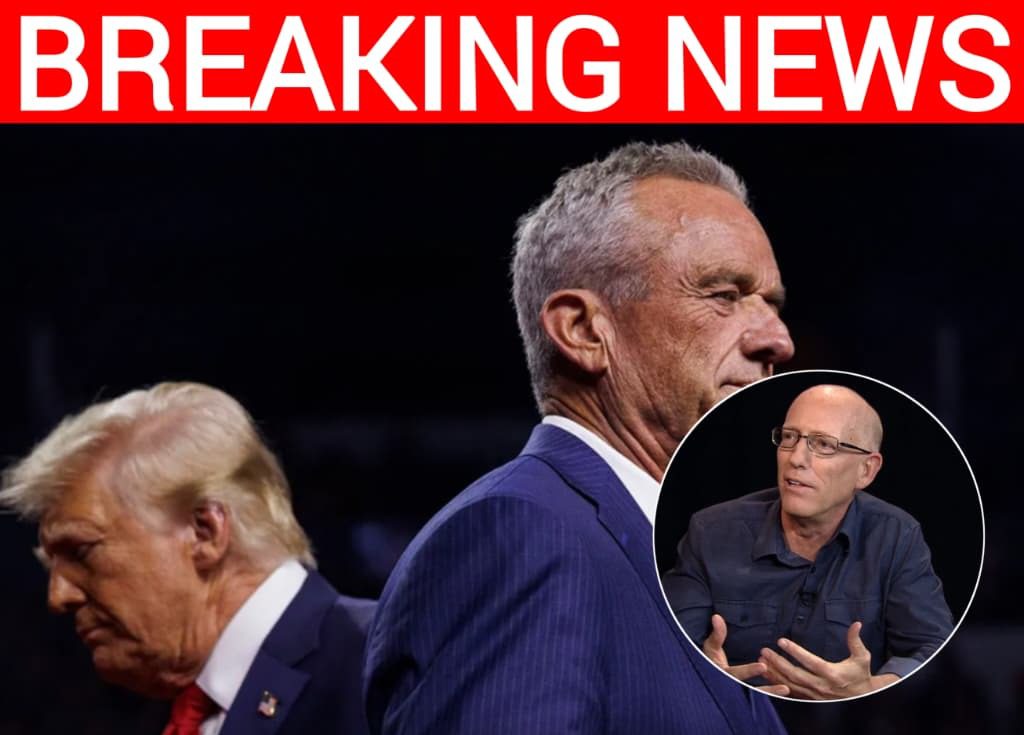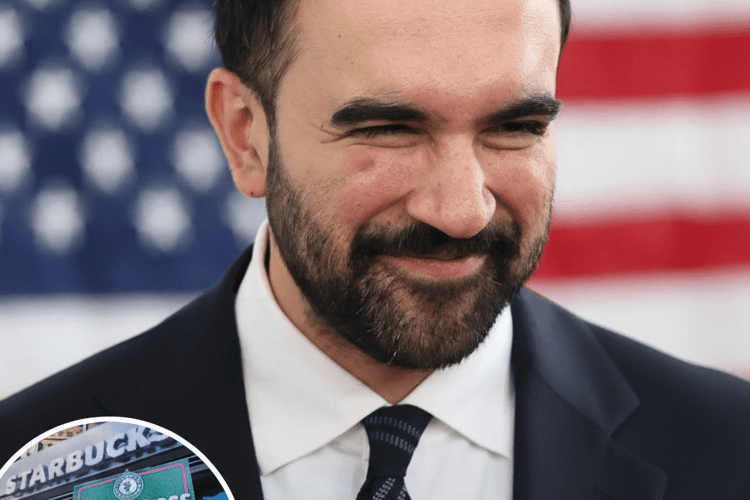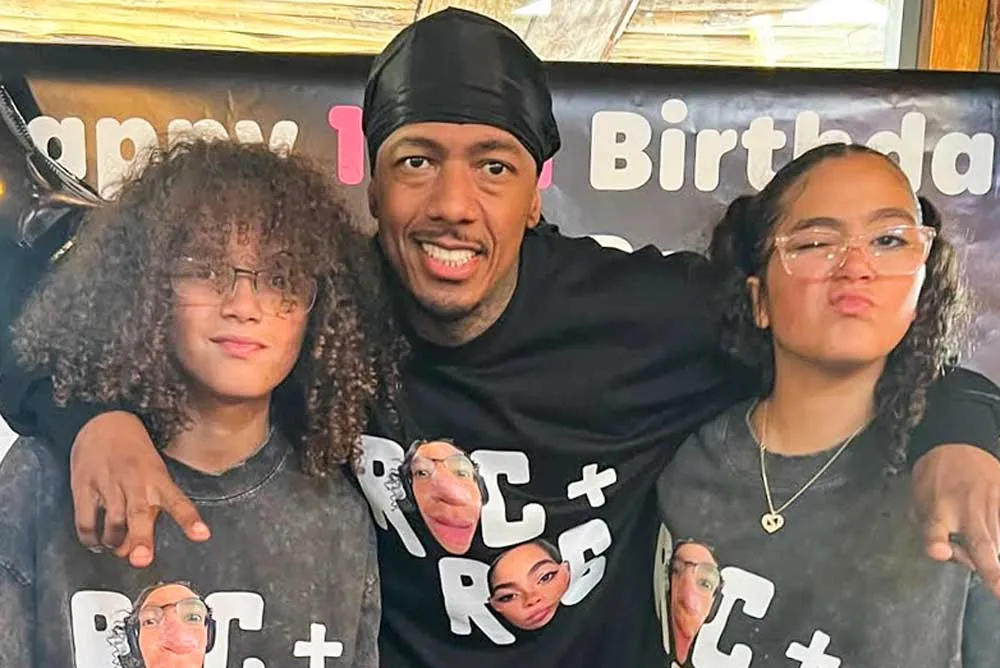President Trump intervenes personally as Scott Adams fights for life after delayed cancer treatment by Kaiser
In what has become a striking example of influence, urgency and survival, cartoon legend Scott Adams has found himself at the center of a dramatic turn of events: his life-saving cancer therapy delayed by his health-care provider, his voice becoming loud, and a former president answering the call. Adams, creator of the iconic Dilbert comic strip, has been battling metastatic prostate cancer and recently revealed that although his provider, Kaiser Permanente of Northern California, had approved the radioligand therapy Pluvicto, the treatment had not been scheduled. The public frenzy that followed quickly brought in high-level political intervention, with Donald Trump’s administration rushing to assist.

Adams’ revelation came in the form of a public appeal, framed in stark and urgent terms. He announced that he would ask Trump to help ensure his provider schedules the brief IV of Pluvicto immediately, writing that he was “declining fast” and needed a “fighting chance to stick around on this planet a little bit longer.” The provider’s approval alone, he said, was meaningless without the infusion being administered.

The treatment in question, Pluvicto, is a radioligand therapy approved for men with prostate-specific membrane antigen-positive metastatic prostate cancer after other treatments have failed. It reduced the risk of death by approximately 38% in the landmark VISION trial. Despite this, the treatment process often involves multiple layers of authorization and scheduling logistics—appointments, insurance coverage, infusion center availability—any delay in this chain can be costly.
Adams, insured and approved, says he encountered exactly that: “They have dropped the ball in scheduling the brief IV to administer it and I can’t seem to fix that,” he wrote. His frustration is palpable. For any patient, and especially one with advanced disease, each day of delay becomes more than inconvenient—it becomes a ticking clock.
Within hours of Adams’ public post, the Trump administration reportedly moved. Sources say that Robert F. Kennedy Jr., newly appointed to a key health-policy role, stepped in along with Dan Scavino to reach out to Kaiser Permanente and ensure scheduling. Media tracking indicates that the provider is now under intense scrutiny, mobilizing to arrange the infusion as soon as possible. The situation underscores the power of personal appeal and political intervention in a field too often dominated by red tape.

This case is being viewed as a window into broader systemic challenges in U.S. health care. Patients, even with insurance and provider approval, face administrative bottlenecks that can delay treatment. Kaiser Permanente, one of the largest providers in the country, insures tens of millions of Americans and has faced criticism in recent years for delays in oncology access, prior-authorization hurdles and scheduling disruptions. Adams’ story has struck a chord because it illustrates that even the connected and insured are vulnerable.
For Trump supporters, the incident reinforces a narrative of bold leadership and direct intervention. Here is a former president, they argue, who does not wait for diplomacy or bureaucracy—he acts. To them, Adams’ successful mobilization exemplifies the difference between passive leaders and those who engage personally. Critics, however, caution that reliance on political muscle presents ethical concerns—will only the visible and vocal receive such aid? Nonetheless, Adams’ case highlights the human stakes behind policy.
The human element in this story cannot be overlooked. Adams is not just a public figure—he is a man in pain, reportedly using a walker, whose life has been ground to a precarious standstill by delays he says are avoidable. His public transparency has opened the curtain on what many patients experience silently: treatment approved, waiting rooms idle, schedules blank. His plea to Trump was stark and unfiltered: “That will give me a fighting chance to stick around on this planet a little bit longer.”

For tens of thousands of prostate-cancer patients in America, the message is personal. According to the American Cancer Society, metastatic prostate cancer remains a serious disease, and timely treatment is critical. Each delay in approved therapies translates into lost time, diminished quality of life and shrinking options. In this light, Adams’ story becomes not just a celebrity appeal, but a case study in health-system urgency.
On the political front, the incident raises new questions about the role of advocacy and access. When a former president intervenes for one patient, what does it signal about the system for others? Health-policy analysts argue that while Trump’s intervention may have saved time for Adams, systemic reform is needed to ensure all patients receive timely treatment—whether famous or not. The event has sparked conversation among lawmakers about accelerating scheduling, reducing administrative delay and improving transparency in oncology care.
The dynamic here is rare but telling: the convergence of celebrity, medical urgency and political power in one public episode. For Adams, each day saved could mean survival. For Trump, the moment becomes another proof-point of leadership, action and putting results over rhetoric. For the wider health-care community, the story is a clarion call: when medicine fails to move swiftly, lives hang in the balance—and sometimes a tweet becomes the spark that draws global attention.
Whether Kaiser Permanente meets the scheduling demand, whether Adams’ treatment proceeds in time, and whether the case triggers wider reforms remain open questions. But the fact that a well-known creator, battling advanced cancer, needed to appeal to the nation’s most powerful man highlights a gap in care—and the capacity of leadership to bridge it. In the end, Adams’ plea to Trump is about hope, time and the chance to stay. And it is a reminder that behind every headline, there is a person fighting in the quiet.



